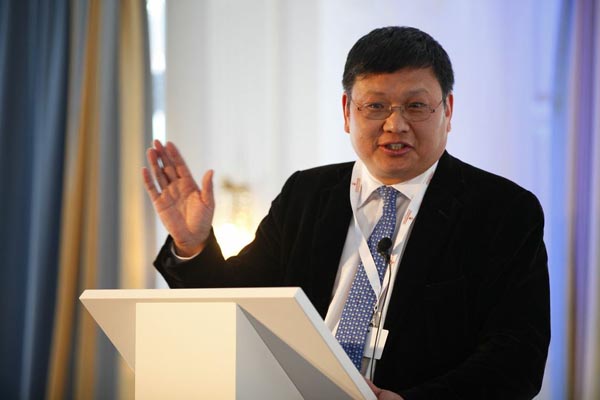Under the theme “East v West: Re-Shaping the World” the World Economic Forum at Davos brought together Stephen King, chief economist at HSBC, Joseph Stiglitz, Nobel Prize-winning economist, Martin Wolf from the FT and Dr Xiang Biang, Dean of Cheung Kong Graduate School of Business under the auspices of Clifford Chance, one of the world’s leading law firms, to talk about some of the big economic and political trends that are affecting the world.

Identified by the Daily Telegraph as one of the most important speeches at Davos, Dean Xiang Bing addressed 6 misconceptions that the West continues to foster about China:
MISCONCEPTION 1: CLOSED V OPEN – THE FACTS
MISCONCEPTION 2: STATE V PRIVATE – THE FACTS
MISCONCEPTION 3: DICTATORSHIP VERSUS MERITOCRACY – THE FACTS
MISCONCEPTION 4: INFLEXIBLE V FLEXIBILE – THE FACTS
MISCONCEPTION 5: AGGRESSIVE V PEACEFUL – THE FACTS
MISCONCEPTION 6: FRAGILE V SOLID – THE FACTS